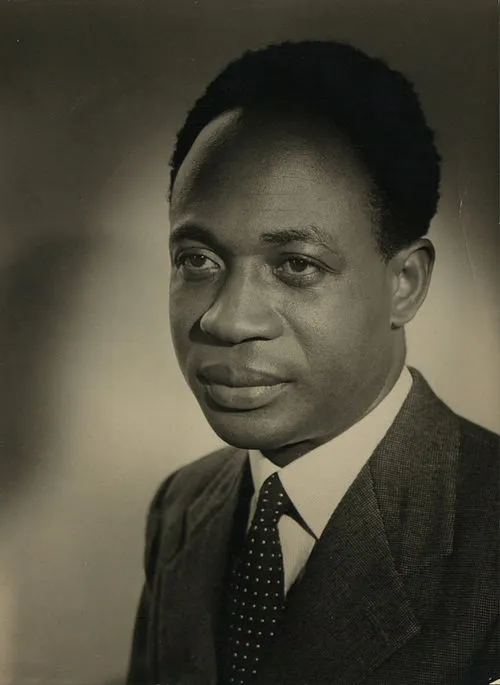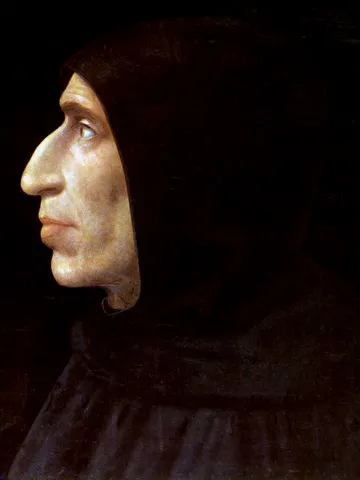
Name: Mario Bunge
Birth Year: 1919
Nationality: Argentinian-Canadian
Profession: Physicist and Philosopher
Death Year: 2020
Mario Bunge: A Life of Intellectual Exploration
In the bustling streets of Buenos Aires, a boy named Mario Bunge was born in 1919, destined to traverse the intricate worlds of physics and philosophy. Raised in a vibrant cultural environment, his early years were marked by a curiosity that seemed to burn brighter than the Argentine sun. However, as he grew older, the turbulence of his homeland during political upheavals would shape not only his worldview but also ignite a passion for truth and rationality that would define his later work.
From an early age, young Mario showed signs of brilliance; books became his sanctuary. Perhaps it was this love for reading that led him to delve into the realms of science and philosophy with equal fervor. His journey began in earnest at the University of Buenos Aires where he pursued physics a choice that aligned with his fascination for understanding the universe’s fundamental laws. Ironically, despite Argentina’s rich tradition in humanities and arts, it was within these scientific corridors that Bunge found his true calling.
Graduating with honors in 1943 amidst a backdrop of socio-political turmoil proved to be both a blessing and a curse. On one hand, it fueled his ambition; on the other hand, political unrest forced many intellectuals into exile or silence. Despite this oppressive atmosphere, he published works exploring atomic theory and scientific methodology works that would later resonate throughout academic circles worldwide.
Bunge's life took another significant turn when he moved to Canada in 1966 after experiencing increasing censorship under Argentina's military regimes. This relocation marked not just a physical transition but also allowed him greater freedom to explore philosophical inquiries without fear of persecution. In Canada a land renowned for its diversity Bunge found fertile ground for cultivating ideas alongside fellow scholars who challenged conventional wisdom.
Throughout this time period, one cannot overlook how deeply connected Bunge's ideas were with contemporary events; World War II had reshaped international relations while existentialist philosophies questioned humanity's place amid chaos trends influencing him profoundly as he wrote about systems theory and critical realism. Who knows how much these global developments informed his thinking? Perhaps they sparked within him an urgent desire to clarify complex interactions among diverse fields such as science and ethics.
Bunge’s most notable contributions emerged through two primary lenses: systemism the idea that entities should be understood as wholes rather than isolated parts and critical rationalism which challenged dogmatic belief systems prevalent at any given time throughout history. These concepts did not merely reside within academia; they rippled outward into broader discussions on technology ethics or social justice even touching upon elements like education reform!
The philosopher once mused during lectures: “Ideas are more powerful than weapons.” His assertion resonated particularly well among students yearning for clarity amidst chaos inviting them down paths filled with inquiry rather than indoctrination! It is perhaps this ethos which fostered generations eager not just accept answers handed down from authorities but actively engage themselves intellectually a legacy spanning multiple decades!
Yet even giants face their own struggles! As Bunge delved deeper into philosophy over subsequent decades writing prolifically across various mediums including essays addressing practical applications relating science & society critics began questioning whether such multifaceted pursuits diluted focus on core principles he'd initially championed! Ironically though…this very criticism seemed only strengthen resolve leading him further towards synthesis between knowledge domains often perceived separately!
A pivotal moment arrived when he published “Treatise on Basic Philosophy,” embracing interdisciplinary connections while advocating against reductionism prevalent among peers steeped exclusively within narrow disciplines like pure mathematics alone! This bold stance earned both admiration & ire alike notable figures ranging from fellow philosophers defending traditional boundaries suggesting dilution versus newer minds praising holistic approaches lauding attempts transcend confines created rigid categories!
Bunge did not shy away from controversy either; some scholars viewed certain stances as provocative especially regarding topics like religion vs science debates… but instead took opportunity challenge assumptions held tightly by many ideologues who dismissed empirical evidence simply because it contradicted beliefs established long before modern exploration surfaced anew! A brave yet necessary pursuit indeed as questioning long-held doctrines fosters growth amongst individuals collectively grappling uncertainty pervasive globally across generations past/present/future alike.
The late philosopher embraced technology advancements too from discussing implications stemming AI developments shaping human experiences broadly speaking! Who knows what conversations sparked excitement amongst youth witnessing rapid shifts reshaping lived realities each passing year? It's intriguing how much influence their interactions could have on formulating opinions around philosophical matters extending beyond theoretical confines rooted earlier traditions alone...
Bunge continued engaging audiences through public lectures right up until last few years before passing away peacefully at home aged one hundred a testament resilience reminding us all importance staying curious cultivating intellectual pursuits lifelong journey rather settling complacently accepting status quo imposed externally!
The Legacy
- Interdisciplinary Impact: Today’s educators often find inspiration revisiting teachings laid foundations early writings suggesting merging disciplines enriching student learning experiences promoting holistic perspectives helping navigate complexities faced contemporary world built interconnected challenges calling forth innovative solutions.
- Critical Thinking Emphasis: Many institutions emphasize teaching critical thinking skills derived directly influence Bungee’s philosophies encouraging learners ask questions challenge preconceptions opening doors dialogues unearthing fresh insights fostering dynamic explorations evolving understandings inevitably enhancing overall societal discourse effectively bridging gaps formed misunderstanding common knowledge landscape today
- A Modern Reflection:








